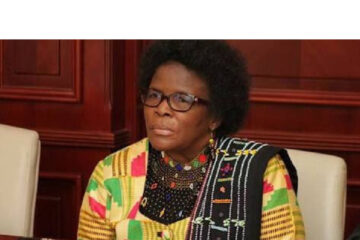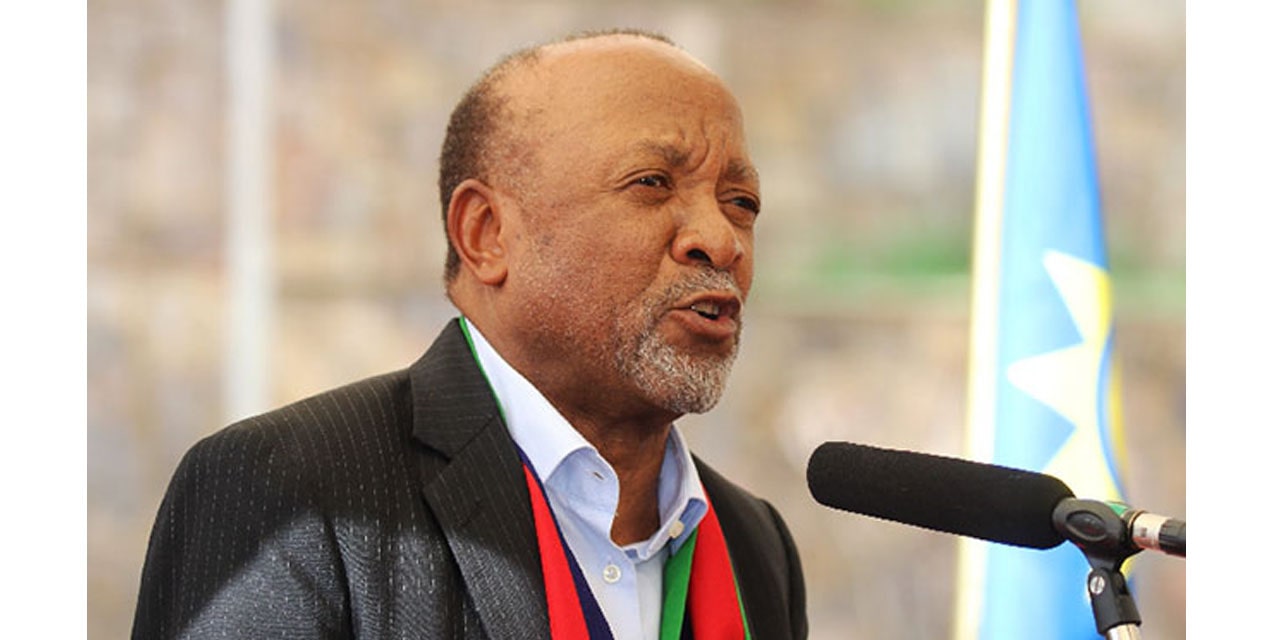Niël Terblanché
Namibia is setting a new course in its information and communication technology (ICT) sector, with substantial investments aimed at advancing digital connectivity and enhancing cybersecurity.
In a key move, the Ministry of Information and Communication Technology announced a series of initiatives designed to bridge the digital divide and bolster the nation’s defences against cyber threats.
Emma Theofelus, the Minister of Information and Communication Technology, during the 23rd ICT Stakeholders’ Engagement held in Windhoek, outlined the ministry’s commitment to rolling out 30 Radio Access Network towers, an initiative costing N$110 million over three years.
She said the project is aimed at extending network connections to unserved and underserved areas, ensuring that all Namibians can access reliable digital services.
“This move is part of the Universal Access Service initiative, which underscores the government’s dedication to making ICT services available and affordable across the country,” she said.
In addition to enhancing connectivity, the Ministry has allocated N$20 million towards establishing the Namibia Cybersecurity Incidence Response Team (Nam-CSIRT) under the Communications Regulatory Authority of Namibia (CRAN).
According to Theofelus, the development marks a significant step in fortifying the nation’s cybersecurity infrastructure, preparing Namibia to effectively respond to and manage cyber incidents.
She added that an additional N$15 million has been dedicated to the implementation of a 5G strategy, reiterating the country’s readiness to embrace the next generation of mobile networks for faster and more reliable internet service.
The Minister also stressed the importance of stakeholder involvement in revising the National Broadband Policy, inviting inputs that will help shape a more inclusive and responsive digital future for Namibia.
“This collaborative approach is essential as the country reviews its legislative and policy frameworks to align with rapid technological advancements,” she said.
Theofelus announced that Namibia has been chosen by the International Telecommunication Union to implement the Southern African Development Community Model on the National Emergency Telecommunications Plan.
She said that the initiative outlines a comprehensive strategy for maintaining communication during natural disasters, covering mitigation, preparedness, response, and recovery phases.
“The selection of Namibia for this crucial project demonstrates the country’s leadership in ICT within the region and its commitment to safeguarding its citizens and infrastructure against emergencies,” she said.
Theofelus commended the ICT sector’s resilience and innovation, particularly during the challenges posed by the COVID-19 pandemic.
She praised the sector’s efforts in raising the bar for innovation and productivity, setting a high standard across various industries.
The Minister also reminded stakeholders of the importance of SIM card registration, urging those who have not yet complied to do so within the remaining days, highlighting the government’s commitment to enhancing security and service reliability.
She added that the nation stands on the brink of a transformative era in digital connectivity and cybersecurity and that it is ready to face the future with a robust and inclusive digital infrastructure.




